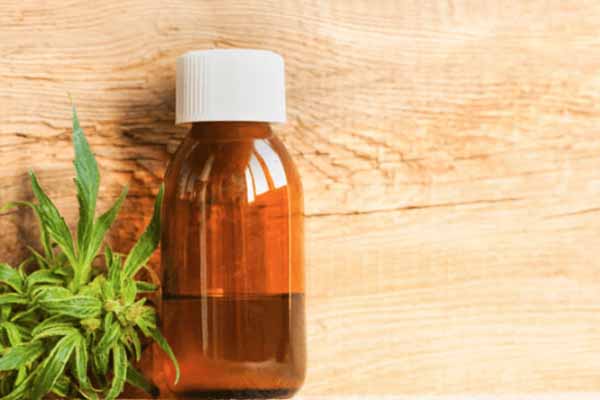
State health officials should take steps to ensure that a new law that legalizes the production and sale of hemp and some hemp products helps Texas physicians protect the health of patients who use those products.
The Texas Medical Association sent that message in a letter last week to the Department of State Health Services (DSHS), which was taking comments related to implementation of House Bill 1325.
House Bill 1325 legalized the production and sale of hemp and some products derived from hemp that have high levels of cannabidiols (CBD), which is non-euphoric and has low levels of tetrahydrocannabinol (or THC), the psychoactive element in marijuana.
Previously, hemp-based oils were not legal in Texas. The state had permitted only three state-regulated dispensaries to create medical-grade CBD oil, though non-medical grade oil could be widely – if illegally – purchased over the internet. HB 1325 changed all that. It made the sale of non-medicinal-grade CBD oil legal. Now, that kind of oil can be found in grocery stores and farmers’ markets across Texas.
“Texas physicians are seeing more patients taking consumable hemp supplements regularly because patients believe they are using the supplements to improve their health,” TMA’s letter said.
TMA had three main comments, mostly concerned with providing patients with information about hemp products. It urged DSHS to:
- Ensure patients (and physicians) have the most accurate information possible relating to the ingredients in these new hemp products. “We believe it is most critical to appropriately label all of the ingredients in each hemp product that can be consumed or used for personal health – with the proportion of active ingredients clearly disclosed.”
- Prohibit any false, deceptive, or misleading advertising of health claims relating to these products.
- Create a public awareness campaign on the public health risk of hemp-derived products designed for personal use. “This is especially important for vulnerable populations who may be at greater risk of harm relating to consumption.”
TMA policy does not endorse state-based medical cannabis programs or the legalization of marijuana. The policy states that scientific evidence on the therapeutic use of cannabis does not meet the current standards for a prescription drug product. However, TMA policy does support, among other things, more scientific studies of marijuana and related cannabinoids for potential medical uses, and evidence-based strategies that will help reduce marijuana use.
Last Updated On
October 16, 2019
Originally Published On
October 16, 2019